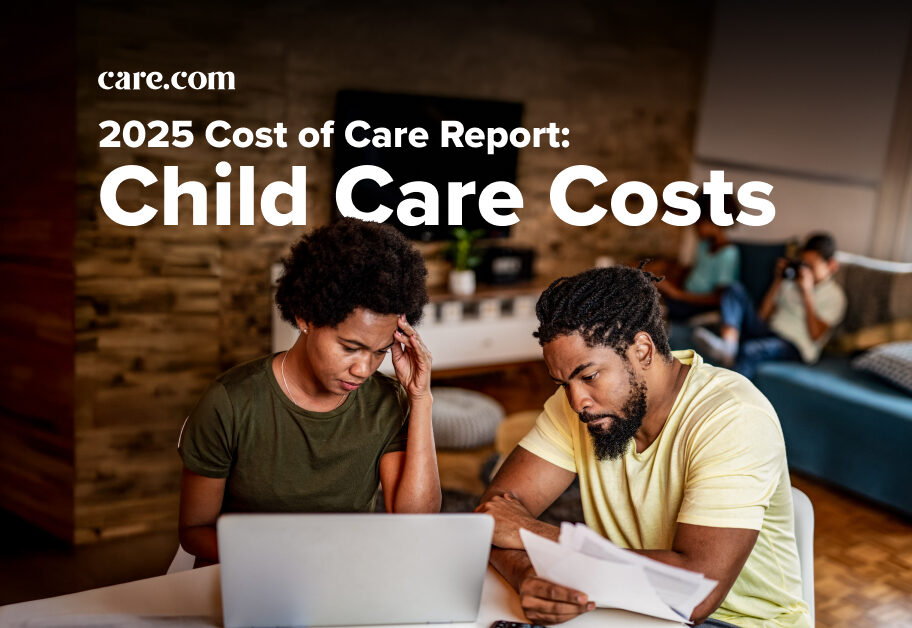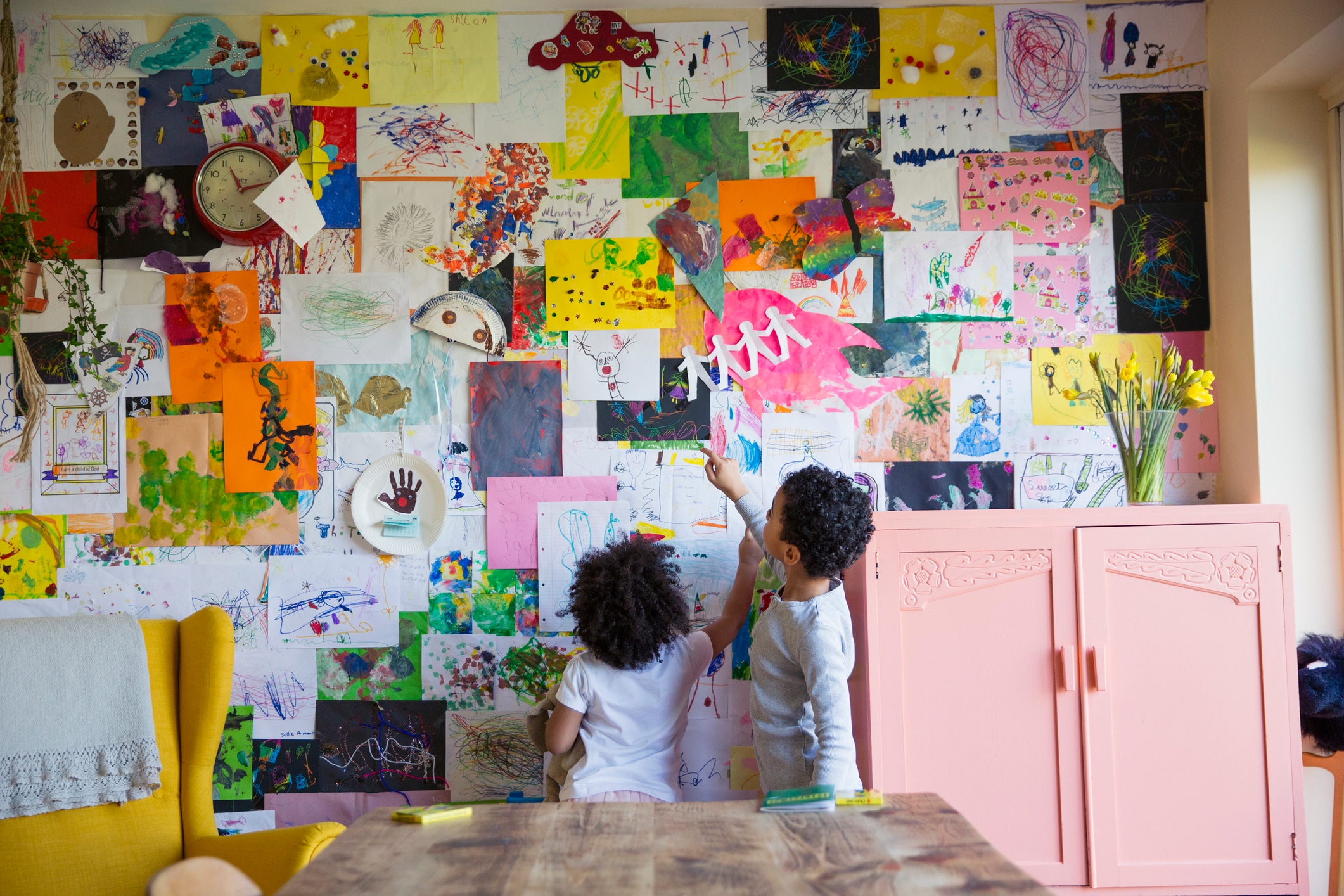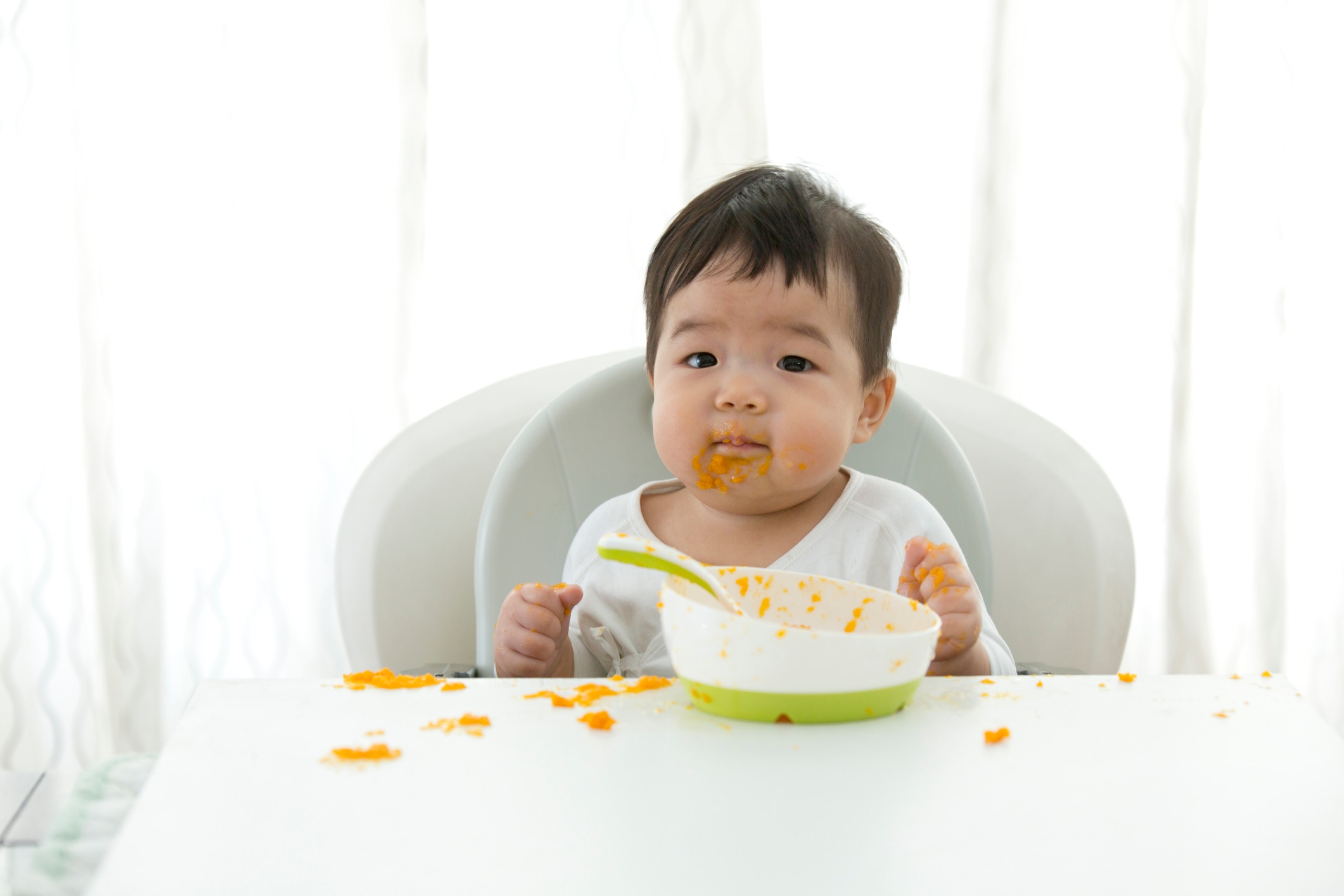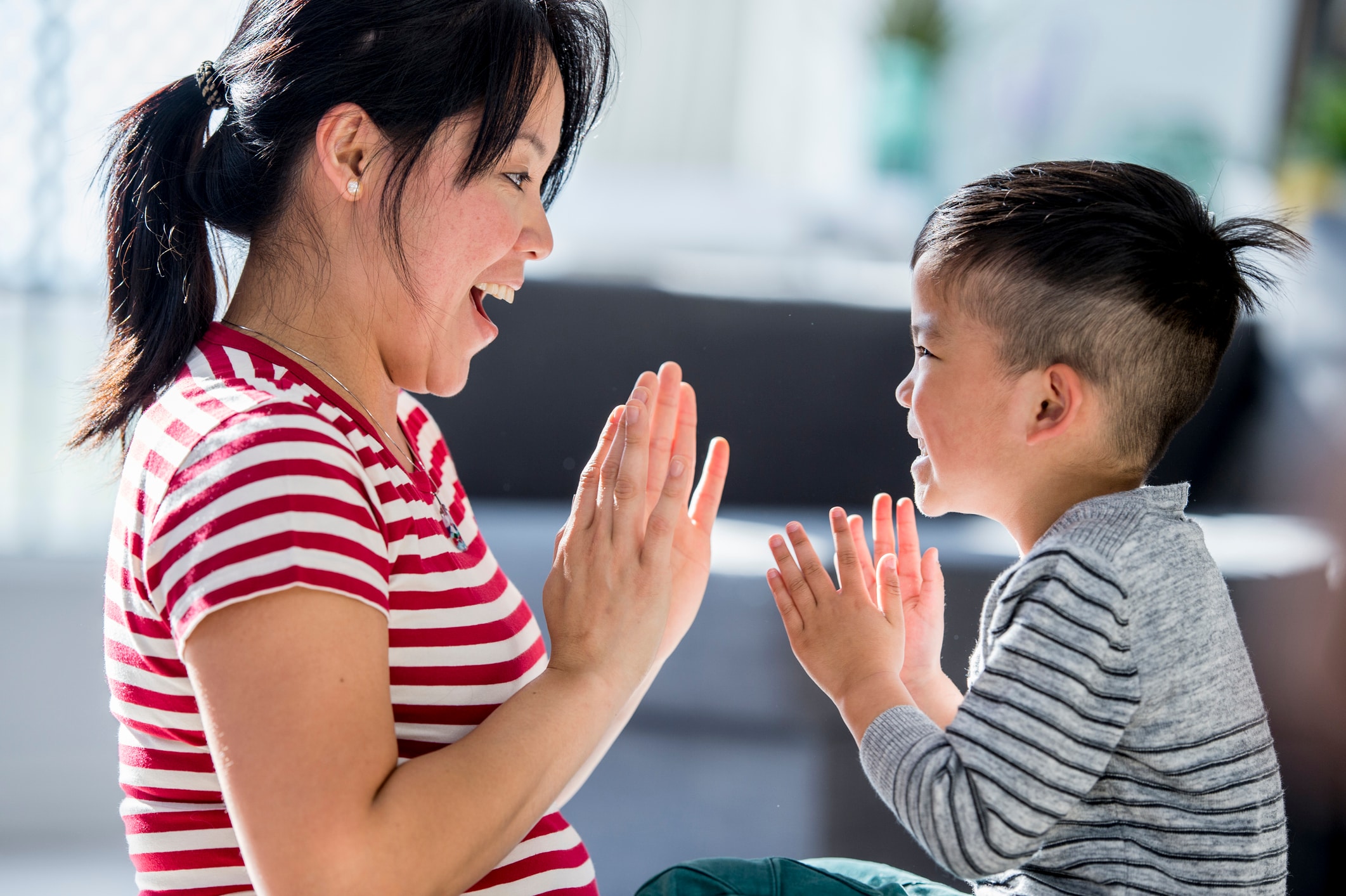I want to post photos of my teenagers and share funny private family moments on social media, really I do, but I can’t. My kids have asked me not to, and because I care about and owe them respect, I won’t.
But if I’d been active on social media when they were little, I’m not sure I would have restrained myself. And judging from my Instagram feed, which is packed with kids talking to the camera during bathtime and footy-pajama’d in quiet moments at home, lots of other moms feel compelled to offer up their parenting experience and their kids’ lives on social media.
What moms love about social media
More moms than ever are reaching out on social media for support, advice and community. In fact, according to a 2019 study by The Research Moms at Edison Research, 92% of U.S. moms use social media compared to 79% of the U.S. population age 12 and over, and though Facebook usage has generally fallen among social media users in the U.S., moms are the one group not showing the same decline. The same study found that “moms have two major motivators for continuing to use social media: the emotional connection it provides and the practical ways it helps them in their busy lives.”
“Moms have two major motivators for continuing to use social media: the emotional connection it provides and the practical ways it helps them in their busy lives.”
— 2019 MOMS ON SOCIAL MEDIA STUDY
Especially during pandemic lockdowns social media helped moms commiserate about their kids and feel less alone. Eileen Vorbach Collins, a writer with a collection of linked essays about child loss and bereavement by suicide, remembers that pre-pandemic, she was not on Twitter or Instagram. “I had never used Zoom. I kept my Facebook page very private,” says Collins. “That all changed during the lockdown when I began to feel isolated. Once I started to connect with other writers, I spent more time on social media.”
And Natalie Serianni, a mom and writer focusing on grief and mother loss agrees that her behavior changed because of the pandemic. “I think as a writer and a mother I was seeking connection, and as someone who wrestles with grief, I felt more open to sharing vulnerable personal feelings.”
I, too, found a community of writers and mothers online that helped validate my experience.
“We all want to be seen,” says Meredith Resnick, licensed clinical social worker. “We want to be acknowledged for who we really are. It’s an authentic need.” But while we’re creating those relationships online, it can be tricky to guard our kids’ privacy. This can look like divulging too much about their health or personal habits, having them speak directly to the camera as a way to capture followers and putting the focus on them instead of ourselves.
What happens when parents post about their kids on social media
When parents turn to social media to share their children’s potty-training foibles and successes, make jokes about their hormonal teenagers’ side-eyes and dating life, and post photos and videos of their children in intimate moments, they run the risk of ignoring important boundaries.
Summer Koester, a writer, mom and teacher in Juneau, Alaska takes photos of her kids in beautiful places that she wants to put up on social media, but says she has “to remember their personal needs for privacy before posting, in which case I usually stop myself. There have been times I have shared things like ‘my son has sensory processing disorder’ on a post to make a point, then later regretted it.” Lately she says she’s found herself questioning what she has the right to put into the world. “It’s my story, so why can’t I share? But then again, what about my loved ones? Where do I draw the line? At what point does sharing my story harm their personal rights for privacy?”
“It’s my story, so why can’t I share? But then again, what about my loved ones? Where do I draw the line? At what point does sharing my story harm their personal rights for privacy?”
— SUMMER KOESTER, WRITER, MOM AND TEACHER
As caregivers, it’s our job to teach our kids about healthy boundaries and guard their privacy regardless of the social inroads we want to make. It can be tricky to assess if we’re crossing a line; to determine what might compromise children but keeping the following in mind can help:
How to check in with yourself about your motives for posting
Resnick says it’s good to have online support but suggests parents think about whether it’s “really an authentic support that you’re getting from somebody you may never meet.” She encourages asking yourself if what you’re posting is “really about helping others.”
In fact, psychotherapist Luna Hammond wonders if it’s about the parent’s own ego. She says that parents who put their kids in front of the camera on social media “have an ethical responsibility to check in with themselves, maybe check in with a therapist, or with friends.”
Hammond also recommends that if you’re writing about or posting photos of your kids, you need to ask yourself, “When my kid is 40, how are they going to feel about this … Are they going to look back on it and be like, ‘Gee, that’s so cool,’ or are they going to be like, ‘Wow, that’s a real invasion of my privacy.’” And a lot of times, she says, parents don’t consider that.
Janyre Tromp, a historical novelist and mom of two, says she always evaluates the reason behind what she shares and asks herself, “am I using my kids as a commodity for others to consume? Or am I sharing because it will benefit others? Am I sharing in a way that would embarrass my kids or show their growth? Ultimately, it comes down to the question: Am I only posting for my benefit?” And before Koester posts anything about her kids, she considers “how they will feel when they read what I wrote about them as adults.”
“Am I sharing in a way that would embarrass my kids or show their growth? Ultimately, it comes down to the question: Am I only posting for my benefit?”
—JANYRE TROMP, NOVELIST AND MOM
How to safely post about your kids
The good news is you don’t need to share all the details of your child’s changing body, toilet training and potentially embarrassing moments to get support and advice from other parents.
Hammond recommends parents think of ways to use social media without putting our kids front and center and to do so while talking about ourselves and our experience, not our kids. For example, instead of posting specifics about what your child did to aggravate you or the details of their recent medical checkup, focus on how parenting makes you feel; the ways you are growing and learning or proud of yourself.
She suggests parents share about children in a way that isn’t asking to be seen. “If it’s really a parent seeking support, then I don’t see that photos would be necessary … a parent could get all the support that they need by talking in generalities and then putting themselves in the center instead of their child.”
“If it’s really a parent seeking support, then I don’t see that photos would be necessary … a parent could get all the support that they need by talking in generalities and then putting themselves in the center instead of their child.”
— LUNA HAMMOND, PSYCHOTHERAPIST
Koester has made a conscious change in how she shares family life on social media. “Now I try to be more careful about what I post, as my platform has grown and there are strangers now following me.” She explains, “I try to not post pictures of my kids or I obscure their faces, and the posts are more about my experiences and less about them … I try to create posts that I know can benefit my readers and be less self-serving.”
And Tromp says, “I never show my kids’ faces on my public social media, and I don’t use their names anywhere online … when I post about my kids on my public pages, I make sure their faces aren’t clear or their backs are turned.”
Some parents ask their children for permission before they post about them, but Hammond says just because a kid is precocious doesn’t mean that they have good judgment. She cautions, “sometimes you can’t give the decision to your kid. Sometimes it’s just inappropriate. Kids don’t always have enough information, or they’re trying to please somebody.”
What you gain when you keep your kids’ private life private
In addition to compromising children’s privacy via social media posts, when you share all the exciting, cute or worrying things about your child, you interrupt the emotional intimacy you’ve built together. Once you post those moments — the sweetest, quietest interludes that belong to just you and your family, they get consumed. And so in an effort to bond with other parents, find support or get approval, you’ve created distance between you and your child.
It’s a bit like objectifying them and “in some ways,” Resnick says, “that could make your work as a parent harder.” If you share your child’s difficulties, growing pains or embarrassing moments and they wind up seeing what you’ve posted about them, then “you have to deal with that. And that’s a trauma that you’ve created.”
At the heart of these decisions of what or if to post about our kids is trust. “While my kids are amazing,” Tromp explains, “they’re people and deserve to have the choice of whether they want to be featured or not … just like I do.”
“While young children may enjoy the spotlight,” Collins says, “it’s important to remember that once something is online, it’s out there. We try to teach teenagers how an unfortunate post could affect them years later … so keep it in mind when posting about your child.”
“While young children may enjoy the spotlight, it’s important to remember that once something is online, it’s out there.”
— EILEEN VORBACH COLLINS, WRITER
Tromp, whose husband is in the tech industry “knows way too much to be comfortable with having our kids widely featured online,” she says. Both her kids have at some point asked her not to post about something, and she says “if they do ask, I never violate their trust by posting.”
Part of taking care of our kids is remembering that we are not obligated to offer up their lives and milestones online. Keeping their personal lives private helps keep them safe, strengthens trust between parents and kids and teaches them boundaries.
As Hammond points out, our behavior online is related to how we’re doing. She recommends we reflect on how we’re doing and think about what we can do to take good care of ourselves. “When you take care of yourself,” she says, “you’re going to naturally extend that to your child online.”
I used to share more about my kids even just a few years ago, but now I realize a lot of the time I wanted to get approval for my parenting, or show off, or get some attention because I didn’t have much exciting going on. Now I almost never feel the need to post photos of my kids or anecdotes from funny conversations we’ve had — even though when they crack me up it’s really tempting. But they are my children, and my job is to take good care of them and create a life that supports them, not one curated for people online. My time with my kids is for us; for our family, and I need to protect that.





